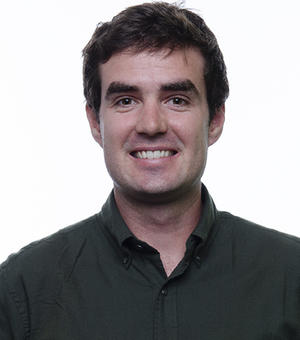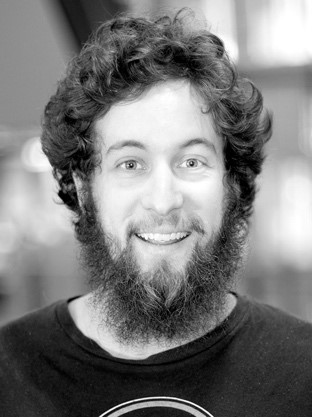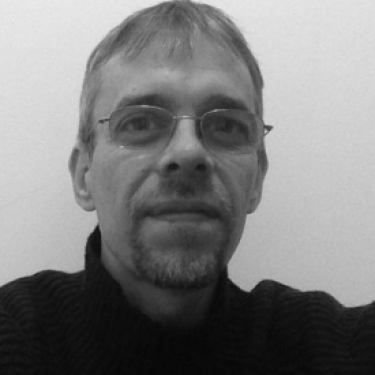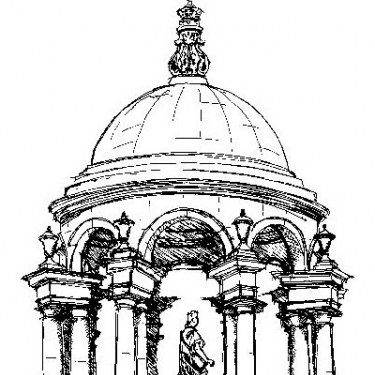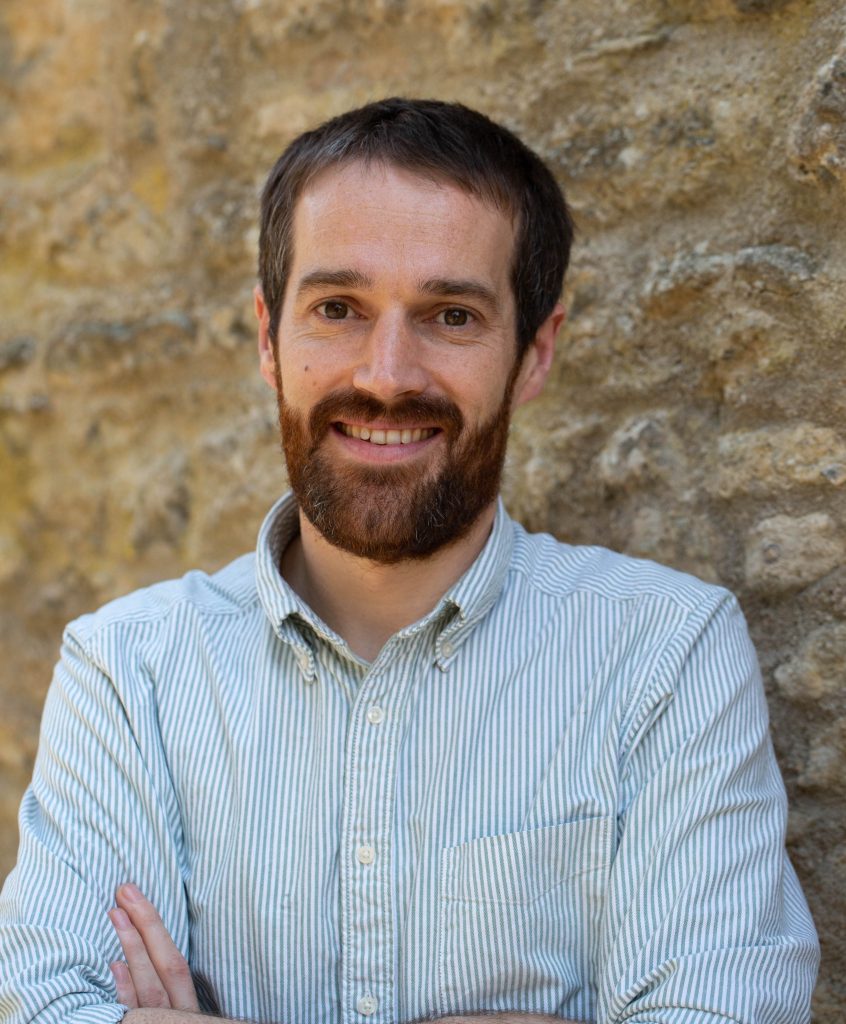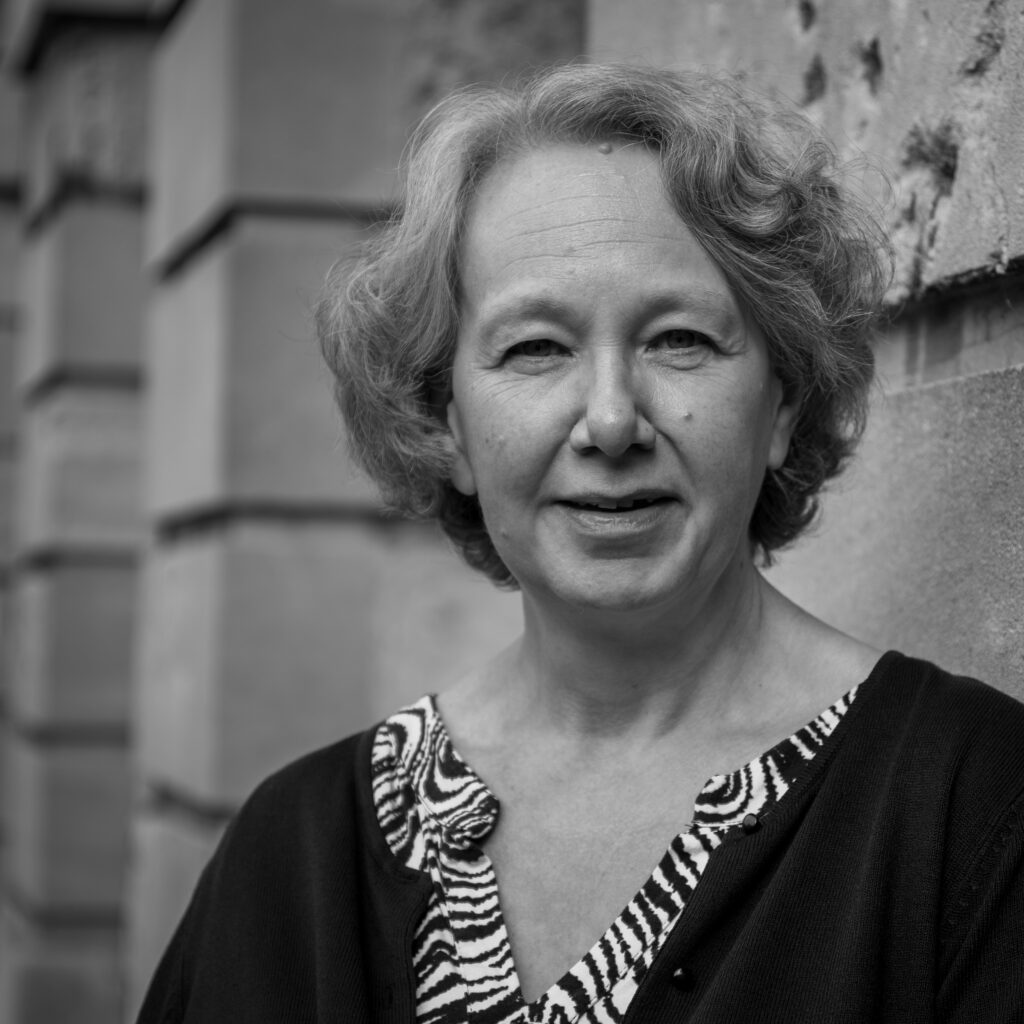Introductions
I studied Mechanical Engineering as an undergraduate and completed my doctoral degree at the University of Leicester. In 2014, I joined the Department of Materials at the University of Oxford as a postdoctoral researcher. I was awarded an EPSRC Independent Research Fellowship in 2018, and in 2021 I was appointed as a Stipendiary Lecturer at Queen’s.
Teaching
I teach topics related to the Mechanics of Materials to first- and second-year undergraduates at Queen’s and Mansfield Colleges. At the postgraduate level, I deliver a course on the Mechanical Properties of Materials for Fusion Power. I also supervise research projects for Part II (fourth-year undergraduate) and DPhil students.
Research
My research investigates the micromechanics of materials used in nuclear power generation, with a focus on structural components exposed to extreme environments. These conditions lead to microstructural degradation and mechanical property changes that present significant challenges for safety and efficiency. I develop novel micromechanical testing techniques to probe mechanical properties at length scales relevant to microstructural features. These techniques are combined with advanced characterisation and physically-based modelling to understand and predict how irradiated materials behave under reactor-relevant conditions. A key aspect of my approach is replacing traditional bulk testing with methods that use small material volumes. This reduces the need to handle radioactive materials, accelerates the study of irradiated alloys, and enables greater use of laboratory and computational tools in the design of next-generation materials. Linking microstructural evolution with mechanical performance, my work provides insights that directly support the development of alloys for use in the next generation of safe, efficient and reliable nuclear reactors.
Publications
My publications can be found at:
https://scholar.google.com/citations?user=N-d0MYcAAAAJ&hl=en

